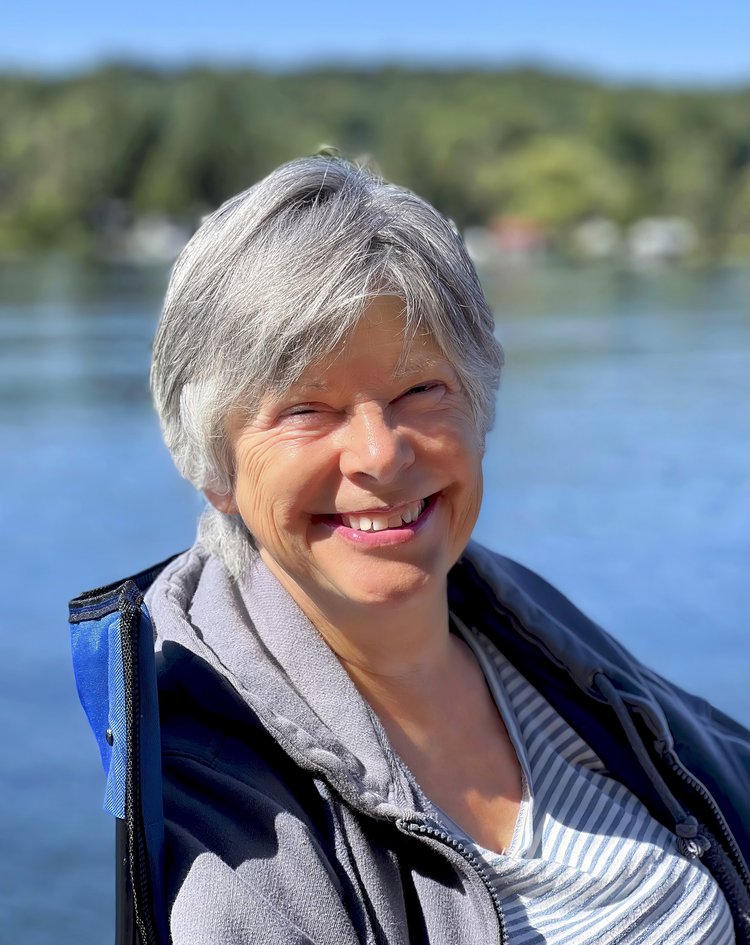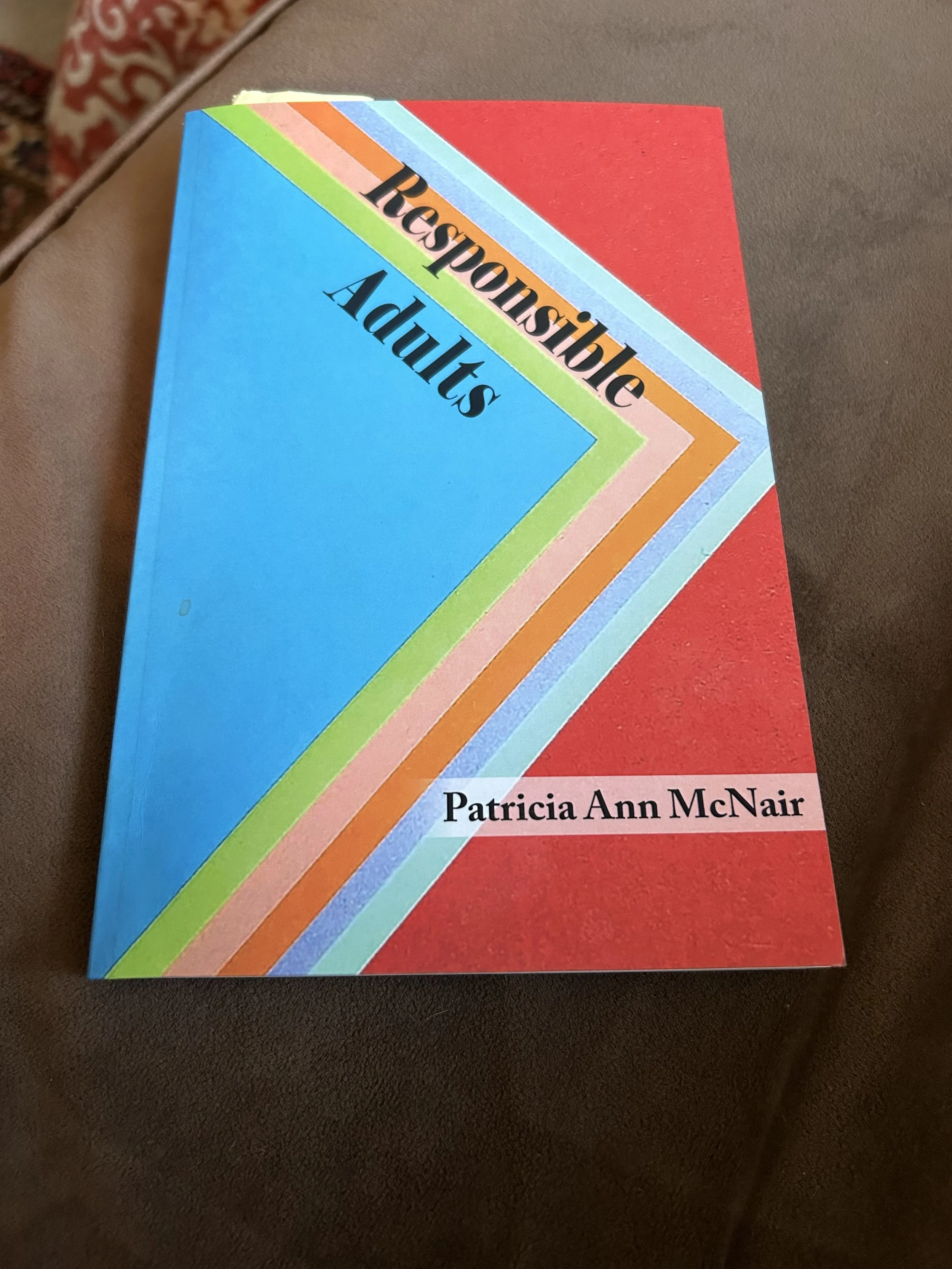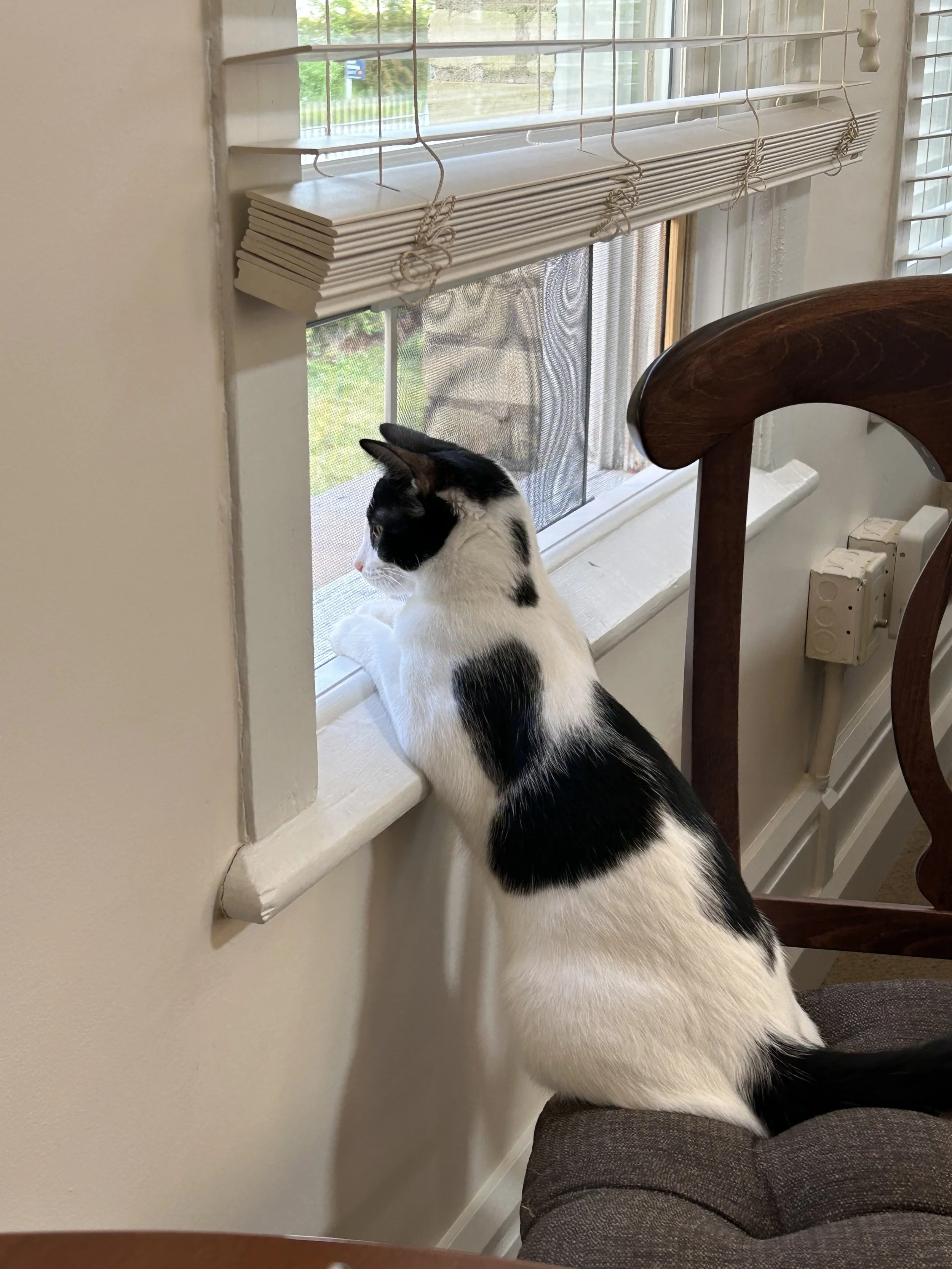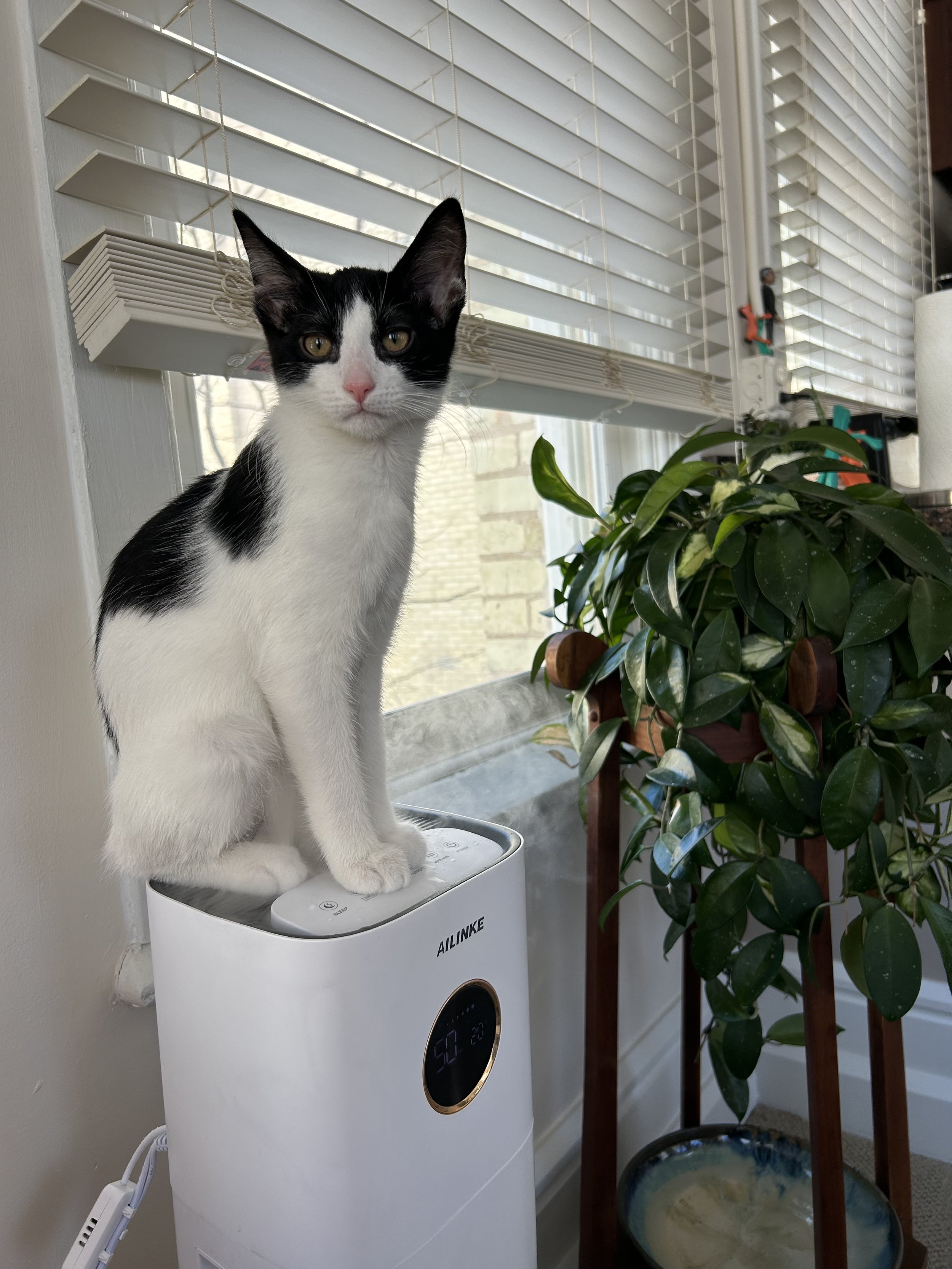It’s mid-summer. Michigan summers are too short to spend writing blog posts. Furthermore, I have nothing to say today. Furthermore, who am I to pontificate? To tell you about my life when you have your own to deal with? All I can say in defense of writing this is that when I, myself, read someone else’s life, I feel an opening into my own that makes me more substantial in the world. I love myself more because I am also you, with your amazing talent, your amazing stories.
I’ve been reading Patricia McNair’s splendid short story collection, Responsible Adults. How did she write these? They are many worlds so different from hers. A daddy who shops at the railroad salvage store, a mother with serial boyfriends, a mother who uses her daughter in art photographs but hardly knows she’s there. And so on. But what we do as writers is appropriate (a bad word these days) bits and pieces, flashes we pick up from the atmosphere, from the lives around us, and attach them to something in us that responds.
Everything responds to everything. The whole universe is humming. There is, apparently, a “cosmic background” of ripples in the structure of space and time. Actually, the whole universe is Mongolian throat singing. Every star, every planet, every continent, every building, every person is vibrating along to the slow cosmic beat.
So all writing is appropriation. You go out on the dance floor and begin to imitate what the others are doing. It’s your own body, your own moves, but the music is there, and you just follow it in your own way. Stephen Crane, as you know, wrote his entirely believable and moving story about a young man going to war when he’d never gone, himself. He picked up the sense of it from what he’d read and heard, and danced his own dance with it.
More and more, I think we have a story. It’s a collective story, broken into shards. It has no beginning and no end, but is crucial in the telling, because telling is the bridge between us. It’s the way we dance together instead of alone. The story shifts from Dante to Chaucer to Bishop to Morrison, but it’s all Canterbury Tales, everyone entertaining the others on the way to the shrine. The shrine is also changeable, but it’s a place to go, a direction.
The direction of human life you might call evolution, if you need to think in directional terms.
I don’t know how much we’ve evolved. Sometimes I think we’re devolving. language becoming simpler, people continuing to murder each other, but with more and more potent weapons, people allowing other people to die of starvation or whatever. Maybe I’m just old. When you’re young, it’s all going uphill. Unless it’s not. There’s so much despair right now!
Living is an act of sheer bravery. Writing is an act of sheer bravery. Those who keep on, year after year, deserve Nobel prizes, the whole lot of them. Even if the buildings are crumbling, culture is crumbling, nations crumbling, there’s more to it than that. There’s the background music. The gravitational ripples. You have to listen for them.
That’s all I got for today. We’re leaving for the lake mid-month to stay until mid-September. Ollie is growing fast! He’s still darling, bouncy, and curious about everything. There’s not a toy he has not mangled or lost under the stove or refrigerator. No despair for him!
I’m getting a cortisone injection for my back. My back hurts, but not unbearably so. I’m having aqua therapy, which is warm and feels good but I’m not sure how much it’s going to help. Swimming in our lake will help. I have long called it the miracle cure.
I’ve discovered the wonder of a sleep mask, the total dark. You should try it! There’s too much light even in a dark room. Little green lights on devices, streetlights out there through the blinds. Dark is beautiful and velvety. Whatever happened to it?
There. I’m passing my life on to you this way. Giving you these little pieces you’re free to make into something on your own.



































